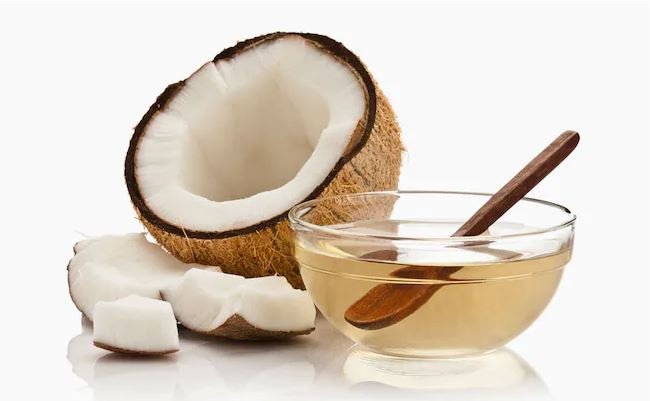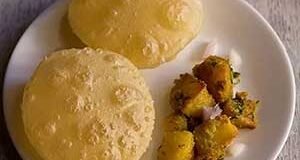
Cooking oil is the unsung hero of our kitchens, playing a crucial role in preparing almost every meal we enjoy. Given its significance, choosing the right cooking oil is vital for the health of you and your loved ones. That’s why we’re taking you back to the basics, to a time when making pure coconut oil at home was a cherished tradition. Coconut oil is extensively used in South Indian cuisine, cooking various delicacies and giving it a distinctive taste and aroma.
While there are many options in the market to buy a good coconut oil for cooking, nothing is better than making it at home, free of preservatives and additives.
Before we dive into the simple steps of making pure coconut oil, it’s essential to understand why virgin coconut oil is so special. Virgin coconut oil distinguishes itself from the ordinary variety in two ways: the extraction process and its health benefits. The term ‘virgin’ signifies that either no heat is applied during extraction or very low heat is used. This gentle method preserves the oil’s natural goodness.
Virgin coconut oil stands out with its robust taste and fragrance, along with a higher content of antioxidants, protein, vitamins, and healthy fatty acids that may be lost during industrial processing.
Is Coconut Oil Good For Cooking? Here Are Some Health Benefits Of Coconut Oil:
1. Contains Healthy Fats:
Health and Weight Management Expert Gargi Sharma tells us, “Coconut oil is rich in medium-chain triglycerides (MCTs), considered the healthy form of saturated fats. These MCTs are metabolized differently in the body, swiftly converting into an energy source rather than accumulating as fat.” Coconut oil also contains linoleic acid, an unsaturated omega-6 fatty acid crucial for a balanced diet.
2. Supports Weight Management:
Coconut oil revs up the body’s metabolism, aids digestion, and supports thyroid and endocrine gland function, making it an ally in weight management.
3. Improves Heart Health:
Coconut oil contains 50% lauric acid, which helps maintain cholesterol levels and normalize high blood pressure. Importantly, it doesn’t raise bad cholesterol (LDL) and reduces artery inflammation.
4. It’s Great For Digestive Health:
Coconut oil improves digestion, wards off indigestion-causing bacteria, fungi, and parasites, and can prevent Irritable Bowel Syndrome (IBS).
5. Controls Blood Sugar Control:
Coconut oil enhances insulin secretion, contributing to steady blood glucose levels, making it valuable for managing diabetes.
How To Make Virgin Coconut Oil At Home – Step-by-Step Guide:
Step 1: Coconut Extraction
Begin by extracting the flesh from the coconuts. Once you’ve collected the flesh, grate it finely.
Step 2: Coconut Milk Extraction
Squeeze the coconut flesh with your hands using a muslin cloth to extract the coconut milk. Place a bowl beneath the cloth to collect the liquid. You can add a small amount of hot water to facilitate the process and ensure you extract all the milk.
Step 3: Straining
After extracting the coconut milk, strain it through a muslin cloth to eliminate impurities.
Step 4: Cooking Process
Place the coconut milk in a brass vessel, known as “Urli” in Malayalam, and heat it over a low flame. Allow it to cook for 2 to 3 hours, ensuring the heat remains low.
Step 5: Constant Stirring
Regularly stir the coconut milk to prevent it from burning; coconut milk has a delicate texture.
Step 6: Concentration and Cooling
As the milk becomes concentrated and turns brownish in colour, remove it from the fire and let it cool. Place it on a clean muslin cloth and squeeze out the oil from it. Collect the oil in a bowl and transfer it to a can or plastic bottle.
Your homemade coconut oil can last for a year or at least 8 to 10 months if stored in an airtight container away from direct sunlight and contaminants.
 Weekly Bangla Mirror | Bangla Mirror, Bangladeshi news in UK, bangla mirror news
Weekly Bangla Mirror | Bangla Mirror, Bangladeshi news in UK, bangla mirror news







